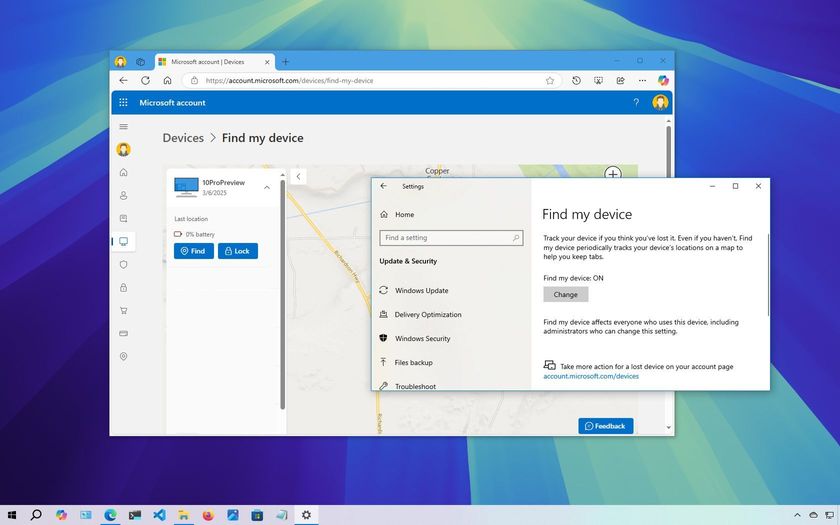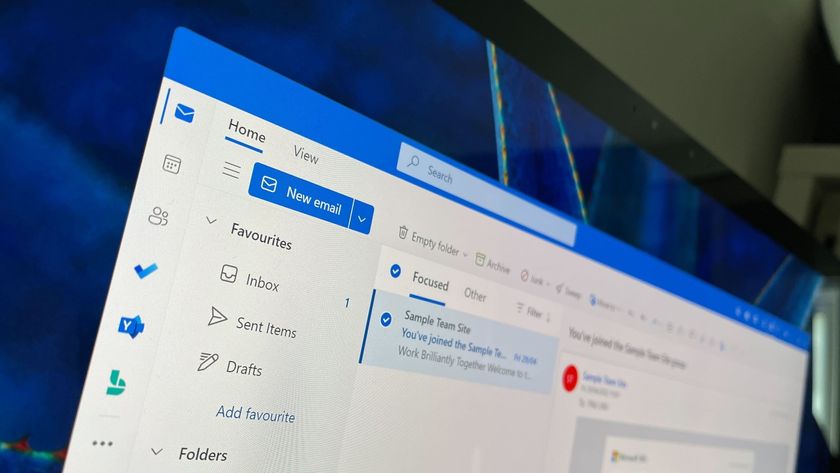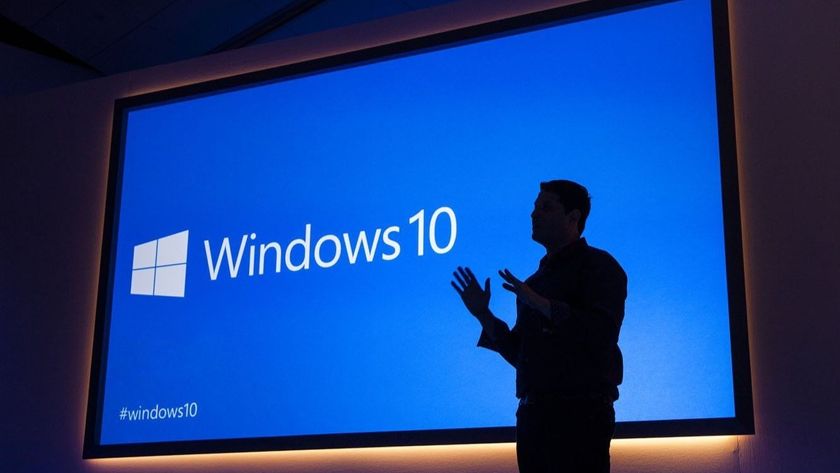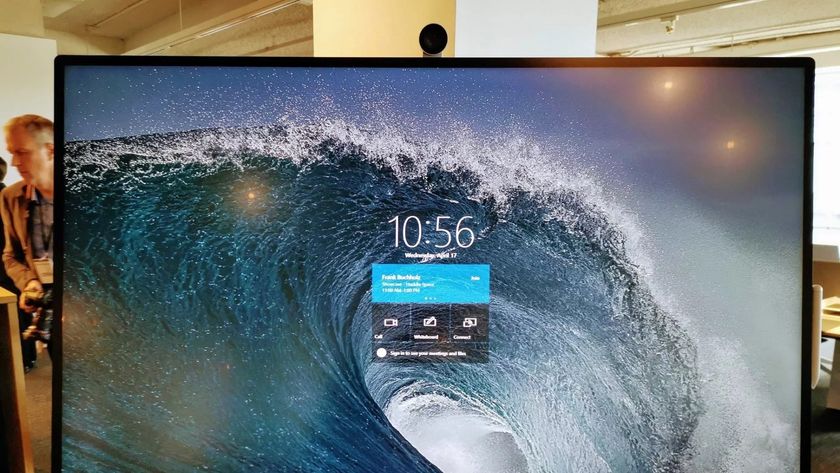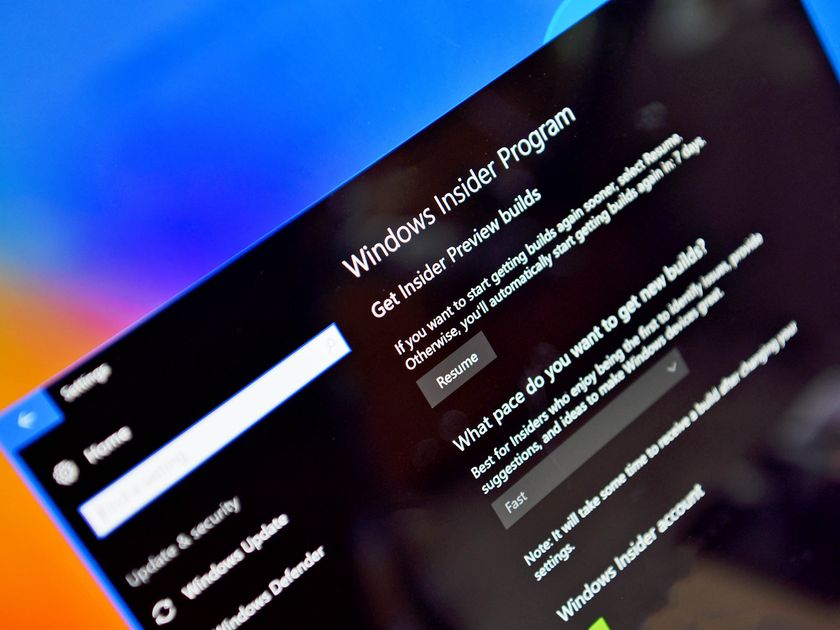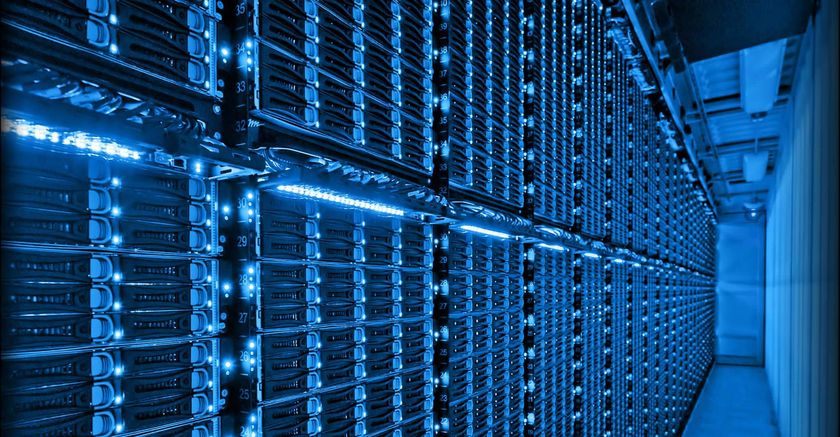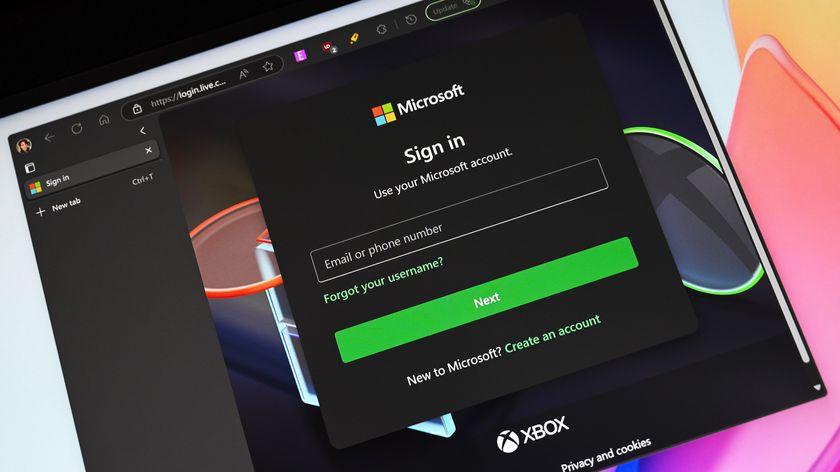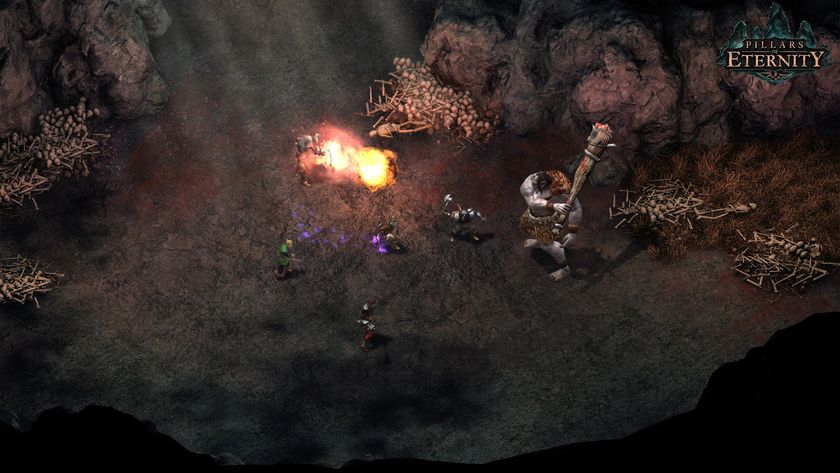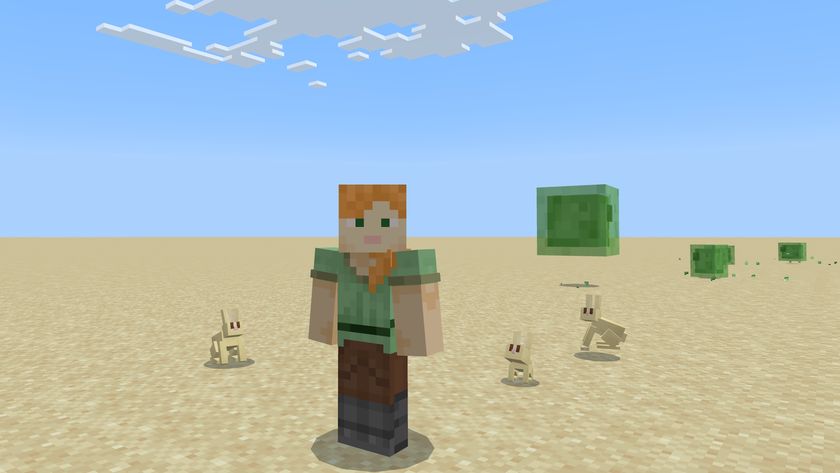Microsoft's 'A.I. for Humanitarian Action' has global focus while Google makes A.I. personal
Science fiction like the movie franchise Terminator often shows artificial intelligence (A.I.) at its worse. But Microsoft is dedicated to pushing A.I. for good.

Companies like Microsoft and Google are investing millions in an all-out war to advance A.I. Ironically, as aggressive as this war is, many of the outcomes being pursued are aimed at improving the human condition, making business processes more efficient and making computing more personal. Still even with these altruistic goals in view tech leaders like former Microsoft CEO Bill Gates, Tesla's Elon Musk and the late physicist Steven Hawking raised concerns about the potential harm A.I. could cause humanity. If maliciously employed or evolved beyond our control A.I. could, they believed, do irreparable harm.
In response, organizations have been created to provide oversight and accountability to temper A.I.'s development by providing ethical parameters. Microsoft's CEO Satya Nadella notably precursored his 2016 introduction of Microsoft's A.I.-driven cameras with a reference to George Orwell's dystopian novel 1984 and an admonishing for technology's responsible use. He realized both the real dangers unethical AI use can pose and the legitimate concerns that are being raised as AI becomes increasingly part of our reality.
It is against this backdrop that Microsoft has initiated its AI for Good campaign. In a context where A.I. development seems to be a lightly supervised "wild west-like" conquest where the outcomes could range from good to a terrifying abuse of power, Microsoft is trying to arrest the narrative. It is getting ahead of fears with a concerted multi-faceted, multi-million-dollar program that promotes AI's use to help the earth, the disabled, children and humanity as a whole. In doing so Microsoft is promoting a clear narrative everyone around the world can understand and see as beneficially relevant to them. This potentially reduces fears and resistance to A.I., encourages support of its advancement and positions Microsoft in a beneficial light as one of the tech leaders advancing A.I. A.I. for Humanitarian Action is the most recent prong in this multi-pronged strategy.
What is A.I. for Humanitarian Action?
To understand Microsoft's A.I. for Humanitarian Action we must understand what A.I. is. A.I. is an area of computer science that endeavors to create intelligent machines that behave, work and react like human beings. This ultimately requires that A.I. is capable of reason, independent problem solving, the ability to perceive the world, interact with objects and most importantly to learn. This is where machine learning (ML) comes in. Supervised ML is where input is provided to A.I. systems to develop its ability to make and improve upon prediction abilities. Unsupervised ML is where A.I. systems can recognize patterns in streams of data, such as user behavior, manufacturing production capacities or trends.
We're barely at the beginning of our A.I. journey and still many years away from the autonomous machine intelligence we've seen in movies like The Matrix and Her. Still, efforts like Microsoft's A.I. for Humanitarian Action bring nascent A.I. capabilities to the aid of humanity in real ways.
- Disaster response: A.I. can predict when and where disaster may strike and help agencies improve their response through machine vision that provides real-time maps of affected areas.
- Children's needs: A.I. can provide predictive analytics to target the supply and demand of human trafficking, use machine vision to improve surgical outcomes for children born with cleft lips and provide insights to identify causes of Sudden Infant Death Syndrome (SIDS).
- Refugees and displaced: Microsoft's A.I. can optimize aid delivery and provide a language-based chat bot focused on speech recognition and language understanding to help young people get quality educations and help workers communicate with refugees and the displaced.
- Human Rights: A.I and deep learning help predict human rights violations and provide speech translation to facilitate connections between victims and pro bono lawyers.
Microsoft's five year $40 million-dollar A.I. for Humanitarian Action initiative follows A.I. for Earth and A.I. for Accessibility in Microsoft's A.I. for Good philanthropic and marketing campaign. Yes, A.I. for Good is as much a marketing effort to brand Microsoft as the world's leader in A.I. as much as it is an altruistic effort to help others.
The difference a marketing plan makes
Google's A.I. efforts leaped forward with its purchase of startup DeepMind in 2014. The company now has 700 individuals working with A.I. and arguably leads the world in A.I. development. Practical applications of the AI-supported Google Assistant on phones and Google Home gives every user a personal Google. That along with inspirational use of a phone-based AI agent that is indistinguishable from a human being, intelligence integrated in messaging and other apps makes personal A.I. real to real people. Not to be outdone by Microsoft Google's AI even proved capable of detecting eye disease.
Get the Windows Central Newsletter
All the latest news, reviews, and guides for Windows and Xbox diehards.
Google's A.I.-supported everyday life activities reach an audience one person at a time. Microsoft's globe-spanning AI for Good efforts, like most of its industry-spanning platform approaches, seek to reach the masses with a centralized message that Microsoft's tools should be the industry's default choice. Microsoft's multi-million-dollar multi-year investment in companies via A.I. for Good is in part a marketing plan to familiarize companies with is tools and build partnerships that will expand Microsoft's A.I. platforms throughout various industries for years to come.
It must be understood that as Microsoft is "doing all of this global good with A.I." for the earth, the differently abled and humanity, it's doing so through companies across various industries that are employing Microsofts tools. If these companies continue adopting Microsoft's A.I. tools into the future, the five-year investment Microsoft poured in at the front end of this nascent industry may pay rich platform and financial dividends as the industry matures.
Microsoft's global A.I. for Good is great marketing that has real impact, connects with people emotionally, brands Microsoft's A.I. efforts across industries, and most importantly, doesn't look like marketing.
Jason L Ward is a columnist at Windows Central. He provides unique big picture analysis of the complex world of Microsoft. Jason takes the small clues and gives you an insightful big picture perspective through storytelling that you won't find *anywhere* else. Seriously, this dude thinks outside the box. Follow him on Twitter at @JLTechWord. He's doing the "write" thing!
